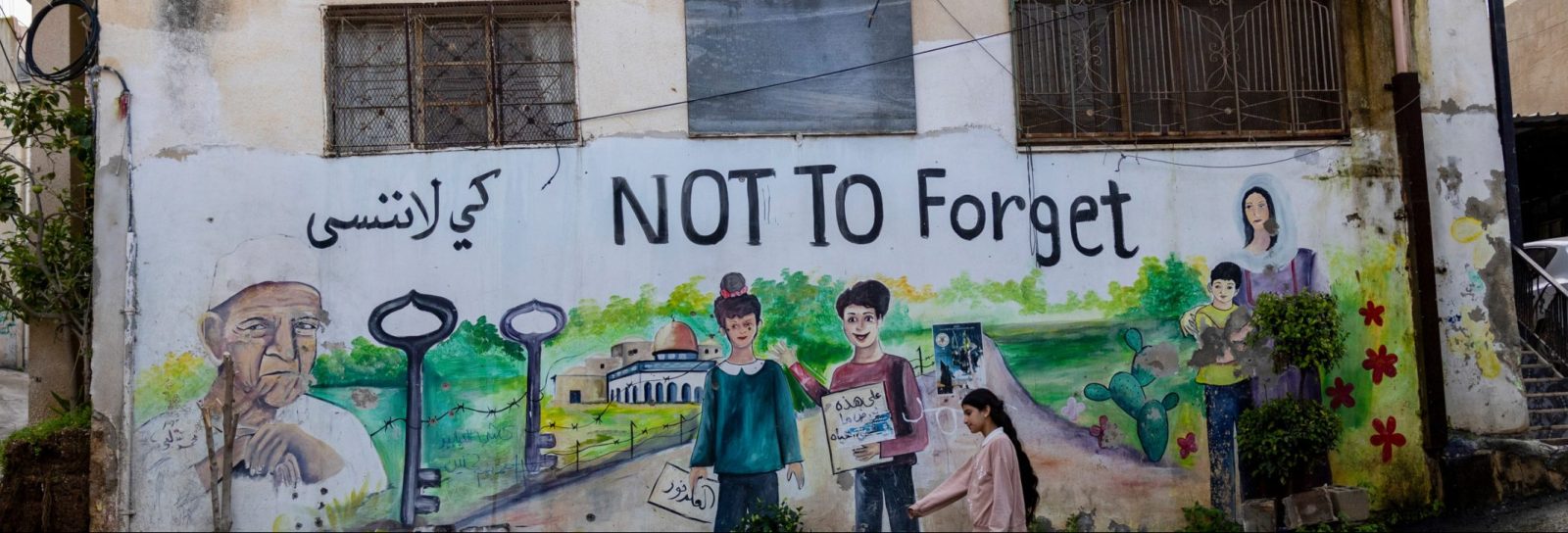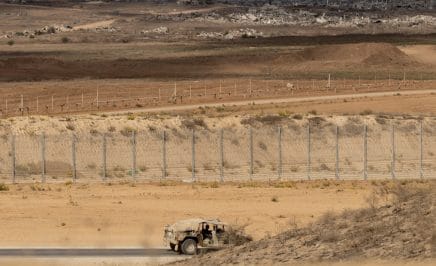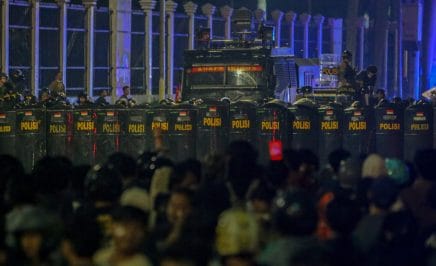The current forced displacement of almost 2 million Palestinians and mass destruction of civilian property and infrastructure in the occupied Gaza Strip puts a spotlight on Israel’s appalling record of displacing Palestinians and its ongoing refusal to respect their right to return for the last 76 years, said Amnesty International marking Nakba Day. The day commemorates the displacement of more than 800,000 Palestinians following the creation of the state of Israel in 1948.
In recent days more than 150,000 Palestinians have been forcibly displaced from Rafah, in southern Gaza, as Israel intensifies its ground and air operations in the area putting thousands of lives at risk and blocking off crucial humanitarian aid access. Most of those who fled have already been displaced multiple times due to Israel’s relentless seven-month onslaught on the Gaza Strip.
“Generations of Palestinians across the occupied territories are deeply scarred by the trauma of being uprooted and dispossessed multiple times and with no prospect of return to their homes. It is utterly harrowing to see the chilling scenes of 1948 Nakba (catastrophe), as it is known to Palestinians, repeat themselves as droves of Palestinians in Gaza are forced to flee their homes on foot in search of safety over and over, and Israeli army and state backed settlers expel Palestinians in the West Bank from their homes,” said Erika Guevara Rosas, Senior Director for Research Advocacy Policy and Campaigns at Amnesty International.
As a result of the 1947-1949 conflict, Palestinians were forced out of their homes and dispossessed of their land; they have been displaced and deported with no prospect in sight of return for them or their descendants. The same fate befell the over 350,000 Palestinians who fled due to the June 1967 war and Israel’s occupation of Gaza and the West Bank, including East Jerusalem. Amnesty International’s 2022 report found that the discriminatory dispossession of Palestinians’ land and property denies them access to their rights including the right of return, and is a key component of Israel’s system of apartheid.
“This Nakba day the fate of Palestinians is more perilous than ever – dispossessed and subjected to systematic human rights violations under a brutal occupation – with those in Gaza also facing the imminent risk of genocide and grappling with famine. That’s why today, it is more important than ever to make a resounding call for Palestinians’ right to return and to remind the world that Israel has been denying them this legitimate right, in flagrant violation of international law, for more than 76 years,” said Erika Guevara Rosas.
“Israel’s decades-long denial of the Palestinians’ right of return is one of the root causes of the conflict, and the escalation in violence of the past seven months shows that it must no longer be overlooked. A sustainable and just solution to this conflict must uphold human rights, including Palestinians’ right to return, and secure justice and reparation for victims of violations of international law.”
Erika Guevara Rosas, Senior Director for Research Advocacy Policy and Campaigns at Amnesty International.
The UN General Assembly and Security Council have consistently called on Israel to facilitate the return of Palestinians. Yet, despite binding UN Security Council resolutions, Israel has failed even to acknowledge Palestinians’ right to return.
The international community must do everything in its power to prevent further forcible transfer of Palestinians and reverse the status of permanent displacement of all Palestinians by enabling the meaningful exercise of their right of return. There must also be an immediate, enduring ceasefire by all parties in Gaza.
“In the last few months many states, including allies of Israel, have increased their clampdown on pro-Palestinian protesters denying the rights to freedom of expression and peaceful assembly of those supporting Palestinians’ rights. All states must uphold the rights of people seeking to express solidarity with Palestinians through peaceful protests to mark Nakba Day,” said Erika Guevara Rosas.
The instrumentalization of antisemitism to discredit protesters or criminalize criticism of the state of Israel’s policies, and the conflation of antisemitism with criticism of Israel’s violations of international law are particularly problematic and undermine authorities’ efforts to address the real and enduring scourge of antisemitism. Authorities must hold people accountable for both hate crimes and any advocacy of hatred that constitutes incitement to hostility, discrimination, or violence, regardless of whether directed at Jewish people or at Palestinians, Muslims or other groups.









